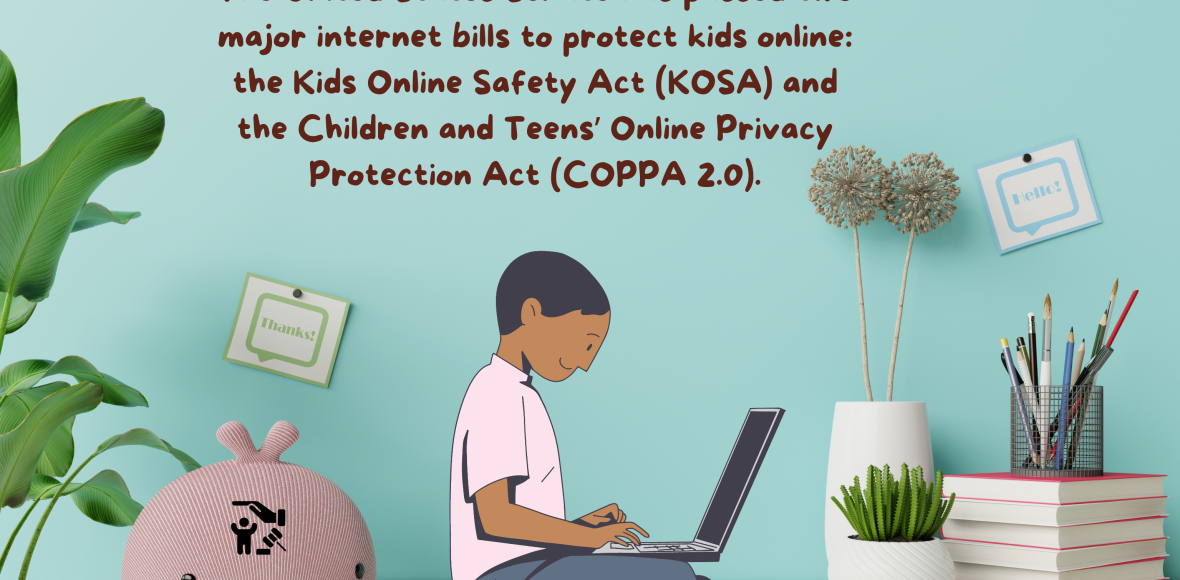
The United States Senate has passed two major internet bills to protect kids online: the Kids Online Safety Act (KOSA) and the Children and Teens’ Online Privacy Protection Act (COPPA 2.0). This is a huge step forward in making the internet a safer place for children and teens. The Senate approved these bills with a big majority of 91-3.
Senate Majority Leader Chuck Schumer called this “a momentous day” and urged the House of Representatives to pass these bills quickly. He emphasized the importance of keeping promises to parents who have lost children due to the dangers of social media.
What KOSA is All About
KOSA is a law that parents have fought hard for. These parents have shared their heartbreaking stories and pushed lawmakers to act. They believe KOSA could have saved their children from online bullying and other harms.
The bill requires online platforms to take reasonable steps to protect kids from dangers like bullying, sexual exploitation, and promoting harmful behaviors. It also allows platforms to provide helpful resources to kids searching for support.
However, some groups worry that KOSA might limit free speech and create other problems. Organizations like the ACLU and Electronic Frontier Foundation are concerned that the bill could lead to too much filtering of content and affect kids’ access to important information.
COPPA 2.0 – Expanding Protection
COPPA 2.0 updates a 1998 law to better protect kids’ privacy online. It raises the age of protected kids from under 13 to under 17 and bans targeted ads to these age groups. Senator Ed Markey, who originally sponsored COPPA, said this update is crucial as technology has evolved.
What Happens Next?
The bills will now go to the House of Representatives. Speaker Mike Johnson has expressed interest in reviewing the details and working to protect kids online. However, with Congress taking a break soon, it might take some time to see further progress.
If these bills become law, they might still face challenges in court. Tech companies have opposed similar laws before, arguing they limit free expression. But supporters believe these laws are necessary to make the internet a safer place for kids.

Leave a Reply